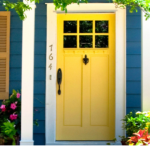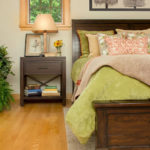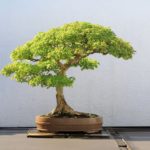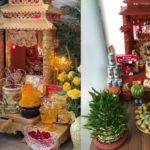When placing potted plants in the house, it is important not only to choose plants that are suitable for the homeowner’s destiny but also to pay attention to the principles of feng shui decoration.
Avoid choosing the wrong type of feng shui plants
When growing feng shui plants, people consider not only the plants they like but also the ones that are suitable for the homeowner’s destiny. Lucky plants that attract wealth are believed to be plants with large round leaves, avoiding plants with needle-like leaves or thorns. Some good feng shui plants include Singapore evergreen, split-leaf philodendron, red ficus, indoor coconut tree, youth split-leaf philodendron, and bird of paradise… Plants with many sharp spikes or pointed leaves should not be placed in the living room. Furthermore, when choosing what to plant, it is important to consider if it is suitable for the location, direction of the house, lighting, age, destiny… Because if the plant is not exposed to the right amount of light, it will not grow well, and unhealthy plants are considered bad in terms of feng shui.
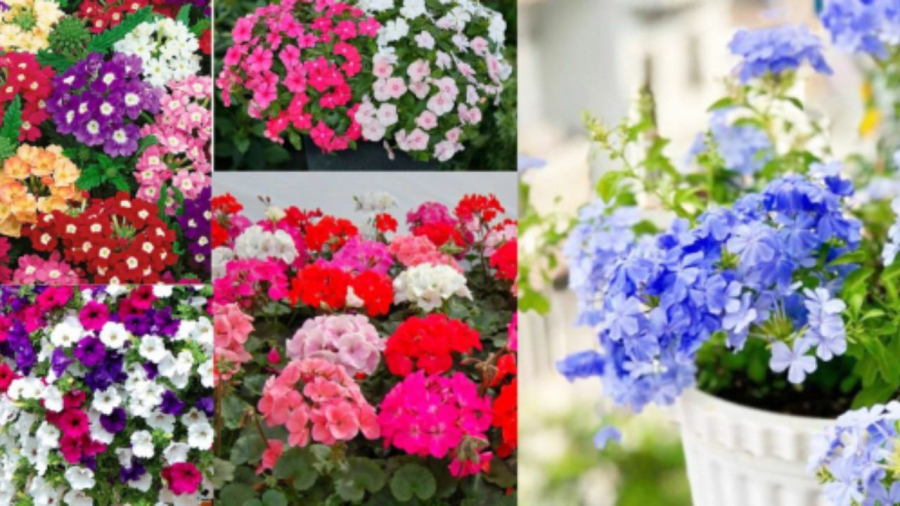
Potted plants in the house need to be in line with feng shui principles based on destiny
Improper care leads to withered or overgrown plants
Feng shui plants don’t have to be overly lush. Feng shui plants should grow healthy but not invasive, not encroaching on the house walls, not causing harm to the house, and should bloom if they are flowering plants, not just having good leaves. Feng shui plants should complement the living space instead of being too good, which can darken the house or obstruct the passage…
Therefore, taking care of plants not only involves understanding their biology but also understanding the rules of air circulation to attract fortune in feng shui.
Hence, negligence will result in withering plants that don’t bloom and unhealthy growth. Moreover, when plants become too good and obstruct the view in front of the house or darken the living space, they should be pruned.
Choosing an unsuitable location can cause accidents when planting potted plants
When choosing suitable feng shui plants, attention should also be paid to the placement of plants that are both beautiful, feng shui-compliant, and safe for the residents. Potted plants should also be limited in the bedroom as they can cause stuffiness when sleeping. Potted plants should not be placed in unstable positions that may cause them to tip over, making a mess in the house, causing accidents, or causing the plants to die. Potted plants should not be placed in the bedroom either. Placing plants in the wrong location can also have a reverse effect, for example, placing a wealth-attracting plant near the bathroom, placing an aquatic plant near the kitchen… These feng shui incompatibilities can cause the plants to wither and hinder their growth.
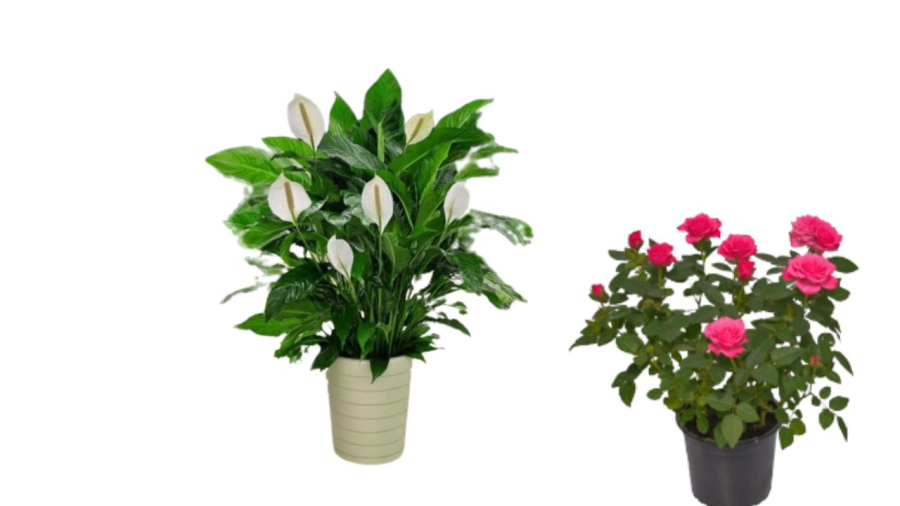
Planting feng shui plants requires attention to proper care
Discomfort due to intensely fragrant potted plants
When growing indoor plants, attention should be paid to the aroma of flowers. If the fragrance is too strong or unpleasant, it can cause discomfort to the homeowner. Additionally, it is important to consider if any family members have allergies to pollen to prevent potential issues. When a plant with intense fragrance, such as jasmines, lilies… blooms, it is recommended to open the door or keep the plant outside during the evening to avoid suffocation. Some flowers have unpleasant odors like oleanders, tuberose, marigold, crown of thorns… and should be avoided in rooms with multiple pots.
Encountering dangers due to toxic plants
Many beautiful potted plants have poisonous elements such as crown of thorns, dieffenbachia, dumbcane, heavenly bamboo, jade plant, lucky bamboo… Therefore, when planting, it is important to pay attention to potentially hazardous plants, especially if there are young children in the house who could accidentally ingest them. When choosing these plants, it is advisable to research the toxic elements in the plants to avoid or find a safe way to display them, for example, placing them in high spots to avoid accidental ingestion by young children.
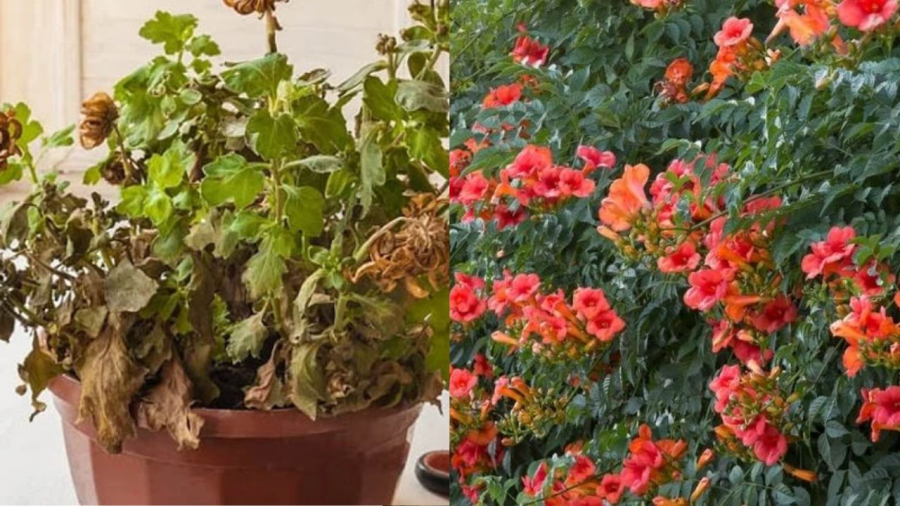
Planting feng shui plants avoids withered plants, but overly good plants are also not feng shui-compliant
Arranging plants that violate feng shui rules
From a feng shui perspective, in order to attract good luck and wealth, potted plants need to be placed correctly according to feng shui beliefs. For example, the tallest plant in a group of indoor plants should be placed on the left side to ensure the rule of bringing wealth while keeping the white tiger, or the snake plant should not be placed in front of the house but should be placed behind the house, the orange tree should be planted in front of the house….
Information for reference and personal experience
























